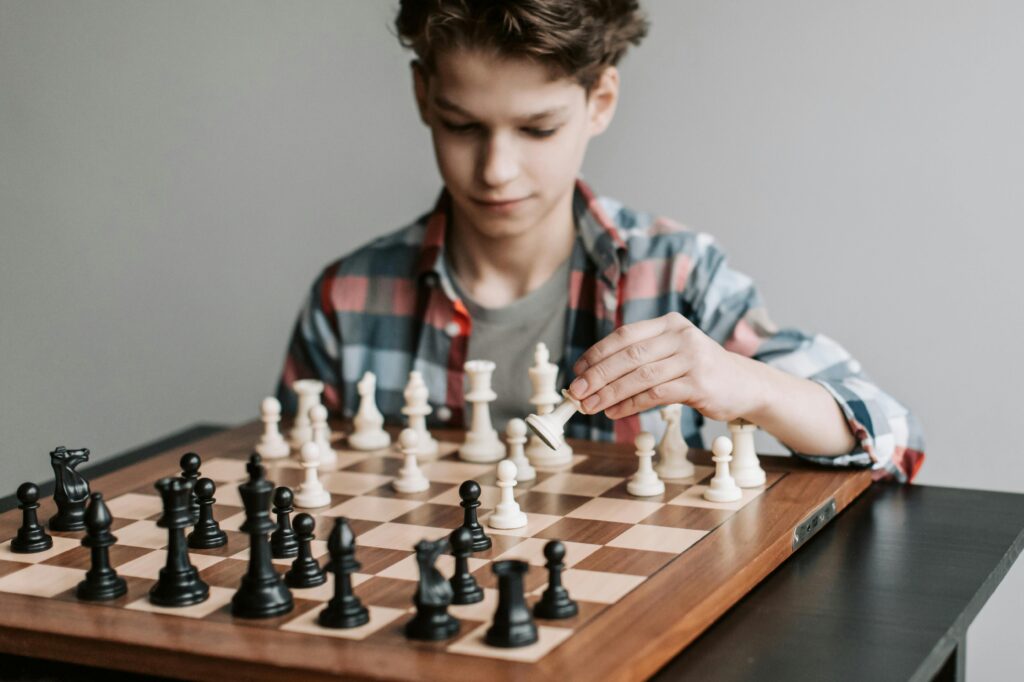Top Learning Games for Kids That Make Education Fun at Home
In today’s digital world, kids learn best when they’re actively engaged and having fun. That’s why educational games are becoming a go-to tool for parents who want to boost their children’s learning in a relaxed, playful way. Whether it’s building math confidence, improving reading skills, or sparking curiosity, learning through play transforms ordinary moments into powerful brain-boosting experiences.
Why Learning Through Play Works
Children are natural explorers. When learning feels like a game, their brains light up with motivation and focus. Play-based learning helps build core skills while keeping stress low — especially for young kids who are still developing their attention spans.
Best Educational Games by Skill Type
1. Math Games for Kids
Osmo Numbers (for tablets): Helps children practice counting and simple math using tangible pieces.
Sum Swamp: A board game that teaches basic addition and subtraction while traveling through a silly swamp.
Numberblocks Apps: Based on the popular show, this app builds number sense for preschoolers.
2. Reading and Language Games
Zingo Sight Words: Like Bingo, but with a literacy twist. Great for early readers.
Endless Alphabet: A fun app where monsters help kids learn new words and their meanings.
Magnetic Story Boards: Kids match words and characters to create their own simple stories.
3. Science and Discovery Games
Snap Circuits Jr.: Lets kids build real electrical circuits safely.
Magic School Bus Science Kits: Hands-on kits based on the classic show — great for home science experiments.
Outdoor Nature Scavenger Hunt: Encourages curiosity about biology and the environment.
4. Creativity and Logic Games
ThinkFun Rush Hour: A puzzle game that strengthens logic and problem-solving.
Toca Life Apps: Open-ended digital play that stimulates storytelling and imagination.
LEGO Education Sets: Perfect for learning about structures, planning, and design.
Benefits of Educational Games
Reinforce School Skills: Games help kids practice what they learn in class.
Boost Confidence: Learning at their own pace reduces frustration.
Develop Lifelong Curiosity: Fun learning builds a love for knowledge.
Encourage Independence: Many games allow kids to explore concepts on their own.
How Parents Can Support Learning Play
Be present — join in to guide and encourage.
Choose games that fit your child’s interests and age level.
Don’t push — let your child lead the pace and focus on fun.
FAQs
Q: Are educational games enough to replace traditional study?
A: Not entirely — they’re great as a supplement. Games make learning fun but should be balanced with other educational methods.
Q: What if my child only wants screen-based games?
A: Try blending screen time with hands-on games. Many digital apps have offline alternatives or companion toys.
Q: How often should kids play educational games?
A: 15–30 minutes a day can be highly effective, especially when combined with reading or creative play.
# Top Toys 2025
# Trending Toys
# Playtime Essentials
# Eco-Friendly Toys
# Purposeful Play
# Smart Toys for Smart Kids
# Toys That Teach
# Innovative Play
# Next Generation Toys
# Build and Play

